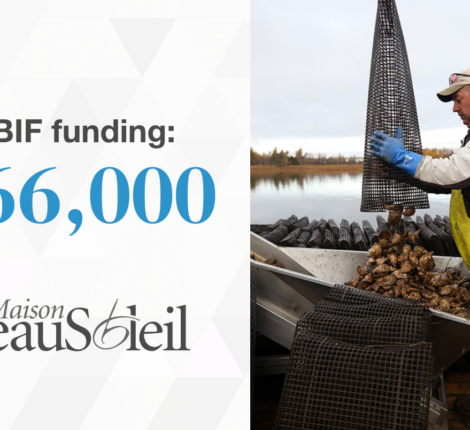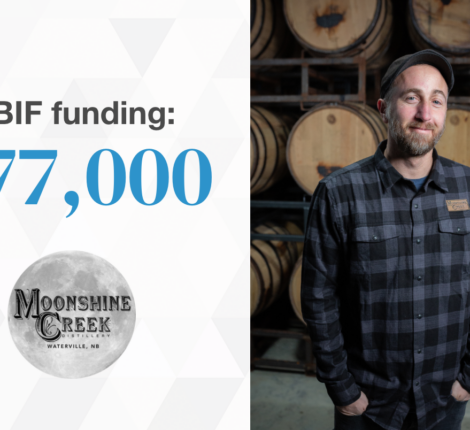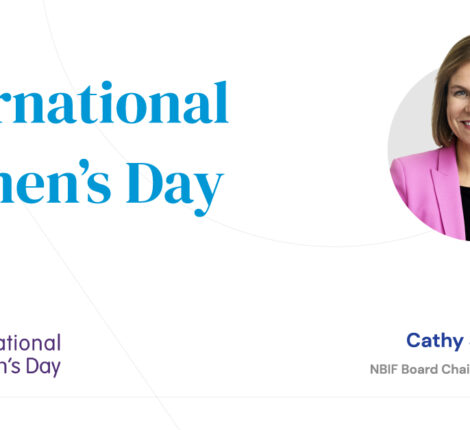- May 26, 2011
- Innovation Insights
- Comments : 0
Acker family donates to NBIF funded lab
By Stephen Llewellyn – Daily Gleaner | link to original article
Stronger concrete. Lighter concrete. Environmentally friendly concrete. Salt-resistant concrete.
Those are just a few of the types of concrete that will be studied at the new Sydney E. Acker Concrete and Masonry Laboratory at the University of New Brunswick in Fredericton.
“There's a lot of research that goes on in concrete,” said Bruce Wilson, chairman of the civil engineering program at UNB.
For example, environmentally friendly concrete means concrete produced using less energy, said Wilson.
“It takes a lot of energy to produce concrete,” he said.
“If we can reduce that energy and make it more durable so it lasts longer, then we can reduce the overall impact of that material.”
One of the things the lab will be studying is the problems with the expanding concrete at the Mactaquac dam, he said.
The lab was made possible by a donation by the Acker family.
Sydney Acker graduated from UNB in 1944, served in the Royal Canadian Engineers and after leaving the army spent 17 years working across the country for the engineering firm Creaghan and Archibald.
In 1964, he joined the ranks of L. E. Shaw Ltd., known today as The Shaw Group, where he built and managed its concrete operations. He spent the remainder of his career at Shaw, before retiring as chairman of the board in 1989.
He passed away in 2006.
“The importance of this kind of research cannot be overstated,” said Eddy Campbell, UNB's president and vice-chancellor, in a news release.
“Concrete is one of the most commonly used building materials in the world.
“This laboratory will give UNB researchers access to state-of-the-art equipment in their efforts to better understand what it is, how it works and how we can make it better. “
Wilson said the lab is important for the university.
“We've had facilities here to do this for a long time but they were getting very, very old,” he said.
“With new equipment we are able to do things quicker, to do a wider range of tests.”
New equipment includes an environmental chamber that allows the testing of concrete under freeze-thaw conditions, said Wilson.
One graduate student at the lab is studying the effects of a plane deicing chemical on concrete at airports, he said.
Most of the new equipment is at the lab and the last of it will be installed over the summer, said Wilson.
The lab will be run by civil engineering Prof. Michael Thomas, whom Wilson said is a world-class expert on concrete.
Wilson said the university isn't releasing the dollar amount of the donation at the request of the family.
“It was a substantial donation and we were able to use their donation to leverage money from the Canadian Foundation for Innovation and the New Brunswick Innovation Fund,” he said.
“That money got multiplied. It is hard for researchers to come up with those other dollars.
“It was a very generous gift.”
“Concrete was a huge part of Syd's life,” said Doris Acker, widow of Sydney Acker, in a news release.
“I know he'd want to encourage and inspire that kind of enthusiasm in others.
“This lab stands as a tribute to a beloved and talented man, and will pave the way for future discoveries in the field.”
In addition to the lab, the Acker family has established the Sydney Acker Scholarship, a $4,000 annual award for engineering students from any discipline.


